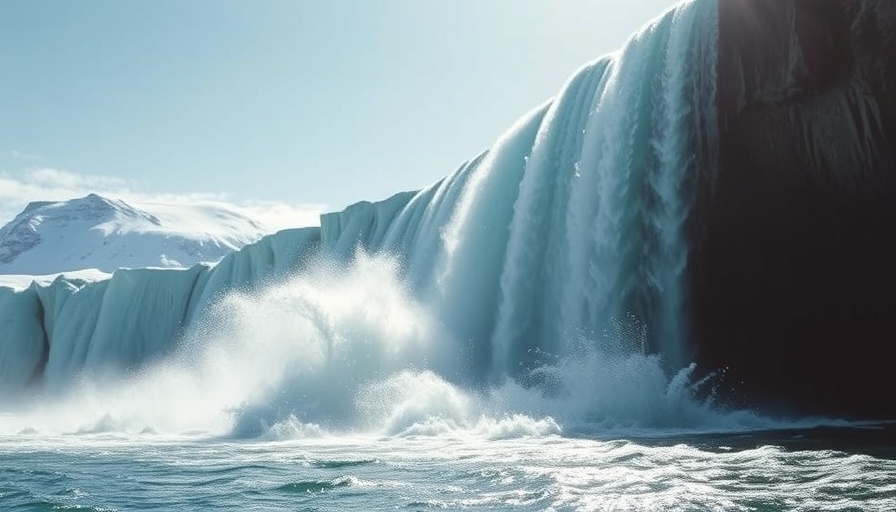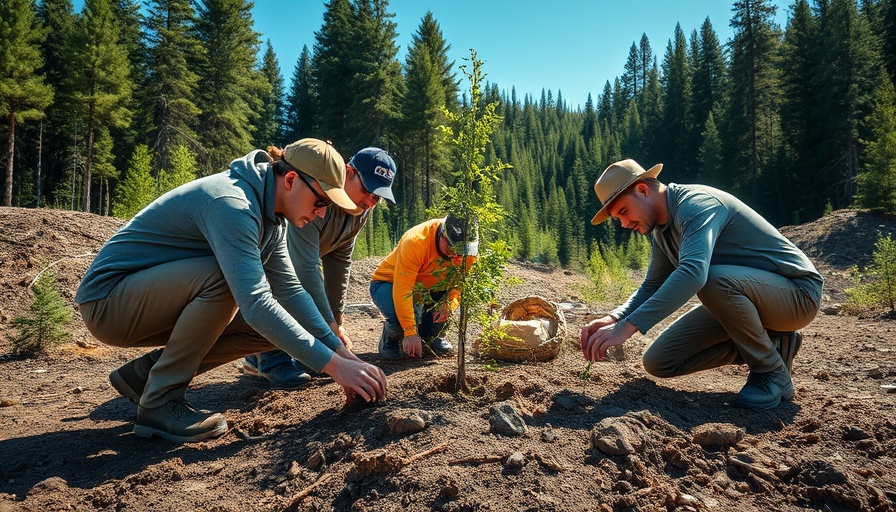
The Ice Melts: What Are the Consequences for Global Water Supply?
According to the most recent UN report, the rapid melting of glaciers poses a significant threat to the access of drinking water—a critical resource for over 2 billion people worldwide. This phenomenon is not just an environmental concern; it cuts straight to the core of health and wellness, particularly for those living in mountainous and downstream regions that depend heavily on these water sources.
Why Mountains Are More Than Just Beautiful Landscapes
Mountains serve as essential water towers, holding vast amounts of frozen water and releasing it slowly into rivers and basins, particularly during warmer seasons. They play a pivotal role in water systems that supply agricultural, industrial, and residential needs. However, climate change accelerates their degradation, diminishing snow cover, and disrupting rainfall, making water flows increasingly unpredictable. This is especially alarming considering that 2.2 billion people already lacked access to safe drinking water in 2022, highlighting an urgent call for action.
How Melting Glaciers Affect Food Security
The UN's findings are particularly concerning for the agricultural sector. It is projected that two-thirds of the world’s irrigated agriculture will be impacted as glaciers recede, directly affecting food supply chains. Those invested in health and wellness must be aware that a decline in food security can create nutrition deficiencies and exacerbated health issues for millions. This global crisis underlines the interconnectedness of climate health and human health.
The Intersection of Innovation and Climate Action
In response to these challenges, innovative strategies in water governance and conservation are becoming crucial. The integration of technology into water management can help optimize water usage and improve restoration efforts. As a tech-savvy health enthusiast, embracing technologies that can monitor and manage water resources efficiently may provide long-term solutions to those facing water scarcity.
Take Action for a Sustainable Future
As the world finds itself at a critical juncture, it is essential to understand that our health, food security, and water availability are integrally linked to the state of our glaciers. Actively exploring sustainable practices and advocating for climate initiatives can fuel a healthier planet—one where communities flourish rather than face the threat of resource depletion.
 Add Row
Add Row  Add
Add 




 Add Row
Add Row  Add
Add 



Write A Comment